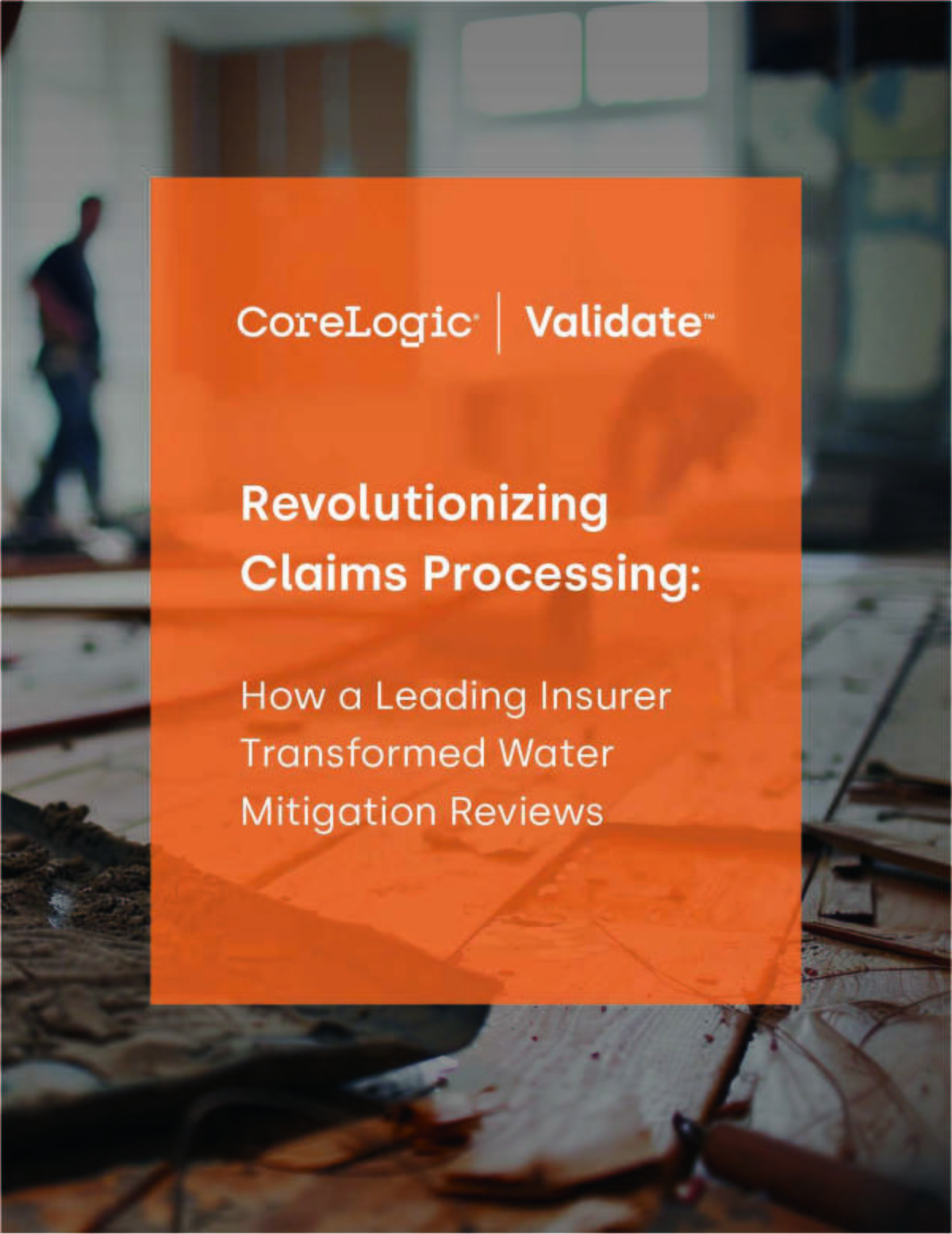Hooray to State Supreme Court's Equal Protection for Attorneys
In its recently released decision in "Disciplinary Counsel v. Elder," the Connecticut Supreme Court did the bar of this state a great service by quite properly ending the risk that an attorney facing a grievance complaint could end up defending an ancient claim made impossible to defend by the passage of time.
June 22, 2017 at 03:16 PM
3 minute read
In its recently released decision in Disciplinary Counsel v. Elder, the Connecticut Supreme Court did the bar of this state a great service by quite properly ending the risk that an attorney facing a grievance complaint could end up defending an ancient claim made impossible to defend by the passage of time.
The appellant in that case challenged the trial court's decision in a presentment action on the grounds that the Statewide Grievance Committee should have dismissed the complaint against him, because it was barred by the statute of limitations.
At issue was the Practice Book rule that provides in pertinent part that the Statewide Grievance Committee “shall, if deemed appropriate, dismiss the complaint … [if] the complaint alleges that the last act or omission constituting the alleged misconduct occurred more than six years prior to the date on which the complaint was filed.” The conduct giving rise to the grievance against the appellant took place some 10 years before the complaint, and the limitation period had not been tolled by active concealment, a continuing course of misconduct or any of the other grounds recognized by the rule.
This content has been archived. It is available through our partners, LexisNexis® and Bloomberg Law.
To view this content, please continue to their sites.
Not a Lexis Subscriber?
Subscribe Now
Not a Bloomberg Law Subscriber?
Subscribe Now
NOT FOR REPRINT
© 2024 ALM Global, LLC, All Rights Reserved. Request academic re-use from www.copyright.com. All other uses, submit a request to [email protected]. For more information visit Asset & Logo Licensing.
You Might Like
View All
2 Law Firms Are Feuding Over Allegedly Stolen Clients and Work Processes
4 minute read
Court Says Ex Parte Communications With Expert Witness Not Clearly Prohibited
4 minute readTrending Stories
- 1First California Zantac Jury Ends in Mistrial
- 2Democrats Give Up Circuit Court Picks for Trial Judges in Reported Deal with GOP
- 3Trump Taps Former Fla. Attorney General for AG
- 4Newsom Names Two Judges to Appellate Courts in San Francisco, Orange County
- 5Biden Has Few Ways to Protect His Environmental Legacy, Say Lawyers, Advocates
Who Got The Work
Michael G. Bongiorno, Andrew Scott Dulberg and Elizabeth E. Driscoll from Wilmer Cutler Pickering Hale and Dorr have stepped in to represent Symbotic Inc., an A.I.-enabled technology platform that focuses on increasing supply chain efficiency, and other defendants in a pending shareholder derivative lawsuit. The case, filed Oct. 2 in Massachusetts District Court by the Brown Law Firm on behalf of Stephen Austen, accuses certain officers and directors of misleading investors in regard to Symbotic's potential for margin growth by failing to disclose that the company was not equipped to timely deploy its systems or manage expenses through project delays. The case, assigned to U.S. District Judge Nathaniel M. Gorton, is 1:24-cv-12522, Austen v. Cohen et al.
Who Got The Work
Edmund Polubinski and Marie Killmond of Davis Polk & Wardwell have entered appearances for data platform software development company MongoDB and other defendants in a pending shareholder derivative lawsuit. The action, filed Oct. 7 in New York Southern District Court by the Brown Law Firm, accuses the company's directors and/or officers of falsely expressing confidence in the company’s restructuring of its sales incentive plan and downplaying the severity of decreases in its upfront commitments. The case is 1:24-cv-07594, Roy v. Ittycheria et al.
Who Got The Work
Amy O. Bruchs and Kurt F. Ellison of Michael Best & Friedrich have entered appearances for Epic Systems Corp. in a pending employment discrimination lawsuit. The suit was filed Sept. 7 in Wisconsin Western District Court by Levine Eisberner LLC and Siri & Glimstad on behalf of a project manager who claims that he was wrongfully terminated after applying for a religious exemption to the defendant's COVID-19 vaccine mandate. The case, assigned to U.S. Magistrate Judge Anita Marie Boor, is 3:24-cv-00630, Secker, Nathan v. Epic Systems Corporation.
Who Got The Work
David X. Sullivan, Thomas J. Finn and Gregory A. Hall from McCarter & English have entered appearances for Sunrun Installation Services in a pending civil rights lawsuit. The complaint was filed Sept. 4 in Connecticut District Court by attorney Robert M. Berke on behalf of former employee George Edward Steins, who was arrested and charged with employing an unregistered home improvement salesperson. The complaint alleges that had Sunrun informed the Connecticut Department of Consumer Protection that the plaintiff's employment had ended in 2017 and that he no longer held Sunrun's home improvement contractor license, he would not have been hit with charges, which were dismissed in May 2024. The case, assigned to U.S. District Judge Jeffrey A. Meyer, is 3:24-cv-01423, Steins v. Sunrun, Inc. et al.
Who Got The Work
Greenberg Traurig shareholder Joshua L. Raskin has entered an appearance for boohoo.com UK Ltd. in a pending patent infringement lawsuit. The suit, filed Sept. 3 in Texas Eastern District Court by Rozier Hardt McDonough on behalf of Alto Dynamics, asserts five patents related to an online shopping platform. The case, assigned to U.S. District Judge Rodney Gilstrap, is 2:24-cv-00719, Alto Dynamics, LLC v. boohoo.com UK Limited.
Featured Firms
Law Offices of Gary Martin Hays & Associates, P.C.
(470) 294-1674
Law Offices of Mark E. Salomone
(857) 444-6468
Smith & Hassler
(713) 739-1250












